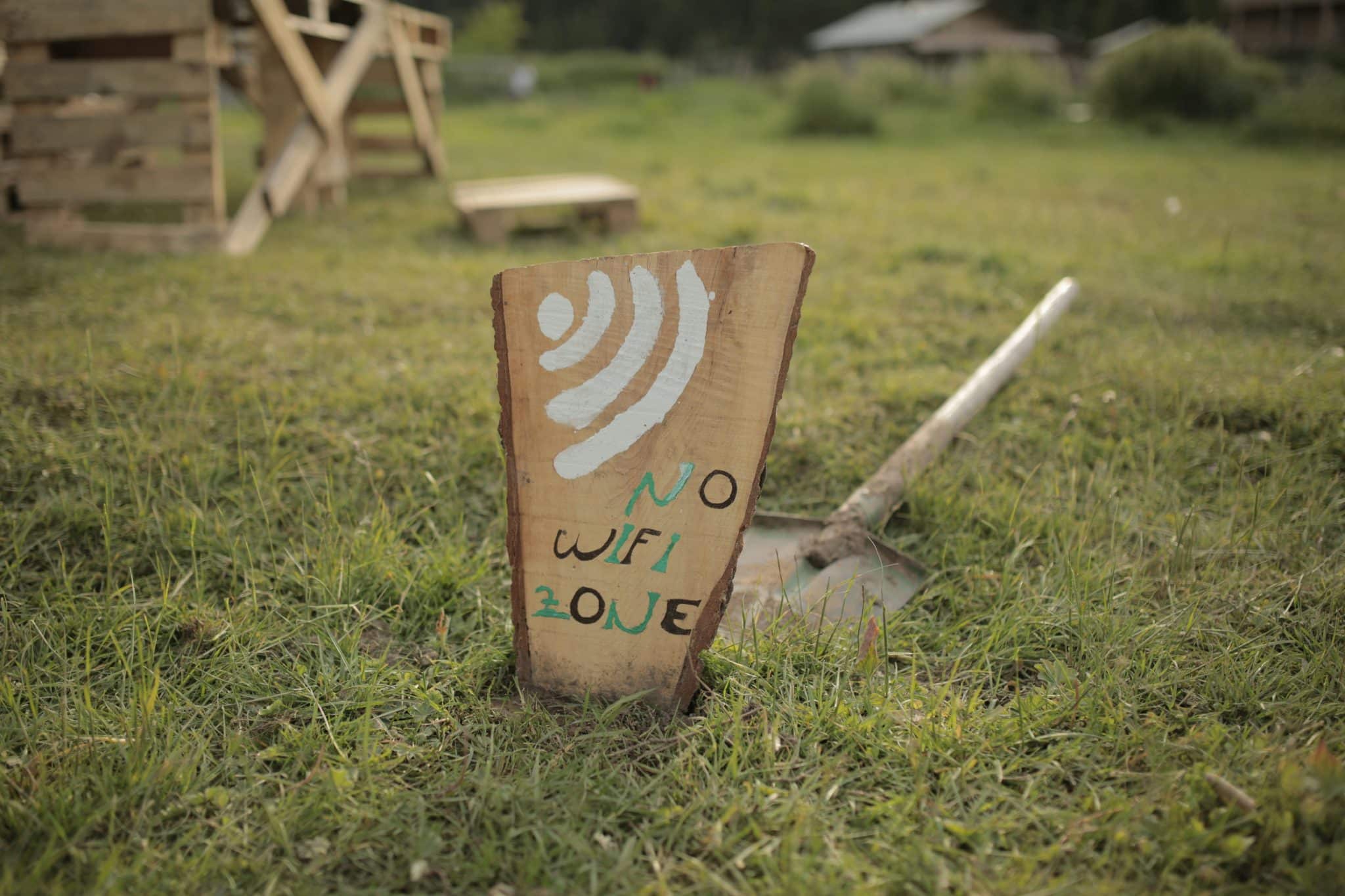How Do Mobile Internet Plans Compare to Fixed Broadband Services: A Clear Analysis

 Choosing between mobile internet plans and fixed broadband services can seem tricky. Both provide internet connection but differ in various aspects like speed, stability, and portability. Mobile internet plans offer greater mobility, allowing you to stay connected on the move, while fixed broadband services provide more stable and faster connections ideal for home use. Understanding these differences can help you decide which service best matches your needs.
Choosing between mobile internet plans and fixed broadband services can seem tricky. Both provide internet connection but differ in various aspects like speed, stability, and portability. Mobile internet plans offer greater mobility, allowing you to stay connected on the move, while fixed broadband services provide more stable and faster connections ideal for home use. Understanding these differences can help you decide which service best matches your needs.
When evaluating your options, consider where and how you often use the internet. Mobile plans might be the way to go if you require internet access while traveling or want a connection for multiple devices on the go. In contrast, fixed broadband services are often more suitable for high-speed connections at home with minimal interruptions. Additionally, Digicel internet packages could be worth exploring to find a plan that fits your requirements.
Ultimately, your choice should reflect your lifestyle needs. By assessing what you prioritize in an internet plan, you can select the option that keeps you connected efficiently, whether through the flexibility of mobile internet or the faster speeds of fixed broadband.
Comparing Connection Types: Mobile vs. Fixed Broadband
When choosing between mobile and fixed broadband, consider factors like portability, speed, and how each type of connection fits your lifestyle. Mobile networks excel in flexibility, while fixed options often offer stable connections for home use.
Understanding Fixed Broadband
Fixed broadband is typically tied to a physical location, providing internet through fiber, cable, or DSL. These connections use a router to distribute the internet wirelessly in your home. Typical bandwidth tends to be high, accommodating activities like streaming and gaming.
Fixed broadband offers consistent speeds and lower latency, an advantage for online gaming or video calls. While installation may require some setup, it often means stable, high-speed internet. Options like fiber internet can reach impressive speeds, but availability may vary based on your location.
Exploring Mobile Broadband
Mobile broadband offers internet access on the go, relying on cellular networks through devices like SIM cards, dongles, or tethering via smartphones. The flexibility is a significant advantage, allowing internet access wherever you have a cellular signal.
While 4G and 5G technology enable decent internet speeds, these can fluctuate based on network congestion and signal strength. Most providers offer data plans that can be contract-based or pay-as-you-go, giving you flexibility in managing expenses. However, there’s often a trade-off between portability and speed compared to fixed broadband services.
Technological Advancements
Technologies like 5G home internet are changing mobile and fixed broadband landscapes. For fixed connections, 5G can achieve speeds close to fiber internet, bringing possibilities for those in areas lacking traditional broadband infrastructure. This wireless connection approach adds a layer of flexibility to traditionally immobile broadband services.
In mobile, 5G networks improve speed and reliability, handling more simultaneous connections and improving streaming and download speeds. The evolution of wireless internet services continues to narrow the gap between mobile and fixed options, offering users more choices in meeting their internet needs.
Assessing Performance and Accessibility
When comparing mobile internet plans to fixed broadband services, performance and accessibility play a key role. This involves evaluating speed, connectivity in different environments, and potential service limitations.
Speed and Data Considerations
Speed is a key factor when looking at internet services. Fixed broadband typically offers higher download speeds which benefit activities like video streaming and online gaming. Mobile internet has improved with 5G technology, providing faster speeds. However, mobile plans often come with data usage caps, limiting how much data you can use monthly. Some plans offer unlimited data, but these usually come at a higher price. Understanding these features helps you match the right plan with your needs.
Connectivity in Various Environments
Your location can greatly affect your internet experience. In urban areas, fixed broadband is widely available. It provides a stable connection through cables or fiber lines. On the other hand, mobile services are useful in places where fixed connections are limited. Mobile hotspots and portable internet offer flexibility by using a wireless internet connection. Mobile options might be more prevalent in rural areas, although signal strength can vary. 5G signals are increasingly widespread but aren’t everywhere yet, affecting your decision based on where you need to be connected most.
Service Limitations
There are several limitations to be aware of regarding service. Fixed broadband doesn’t usually have data caps, making it suitable for high data activities. Mobile plans, conversely, often include data caps that slow down speeds after reaching a limit. Signal strength and latency are also considerations. While 5G offers low latency, guaranteeing fast responses, its availability is still growing. Wi-Fi hotspots offer connectivity but rely on proximity to fixed networks or mobile signals. You need to weigh these limitations against your internet usage needs and choose based on both current possibilities and future network expansions.
Conclusion
You must consider several key factors when comparing mobile internet plans to fixed broadband services. Mobile internet plans often offer more flexibility, like pay-as-you-go options, which can be convenient if you don’t want long-term commitments. In contrast, fixed broadband services typically require longer contracts but generally provide more consistent speeds.
If speed is a priority, fixed broadband may deliver faster and more stable internet, especially for areas with 5G fixed wireless options. These can sometimes rival traditional connection speeds. On the other hand, mobile plans might be more convenient if you’re frequently on the move and need internet access wherever you are.
Consider cost and data limits as well. Fixed broadband can offer more data at competitive rates, making it suitable for households with high data needs. Mobile plans might have data caps, so evaluating your usage is important.








